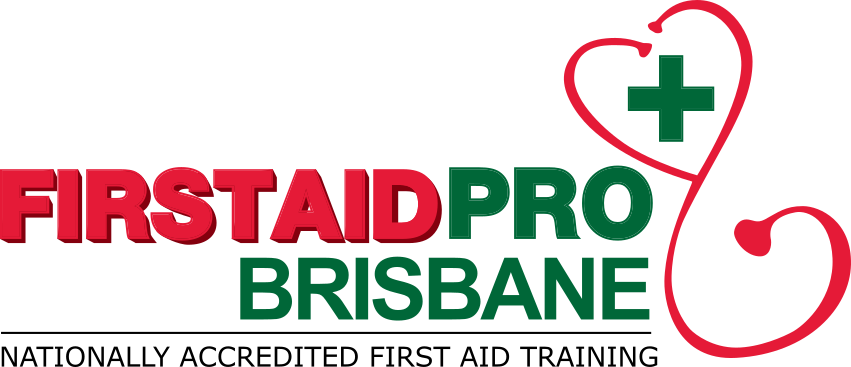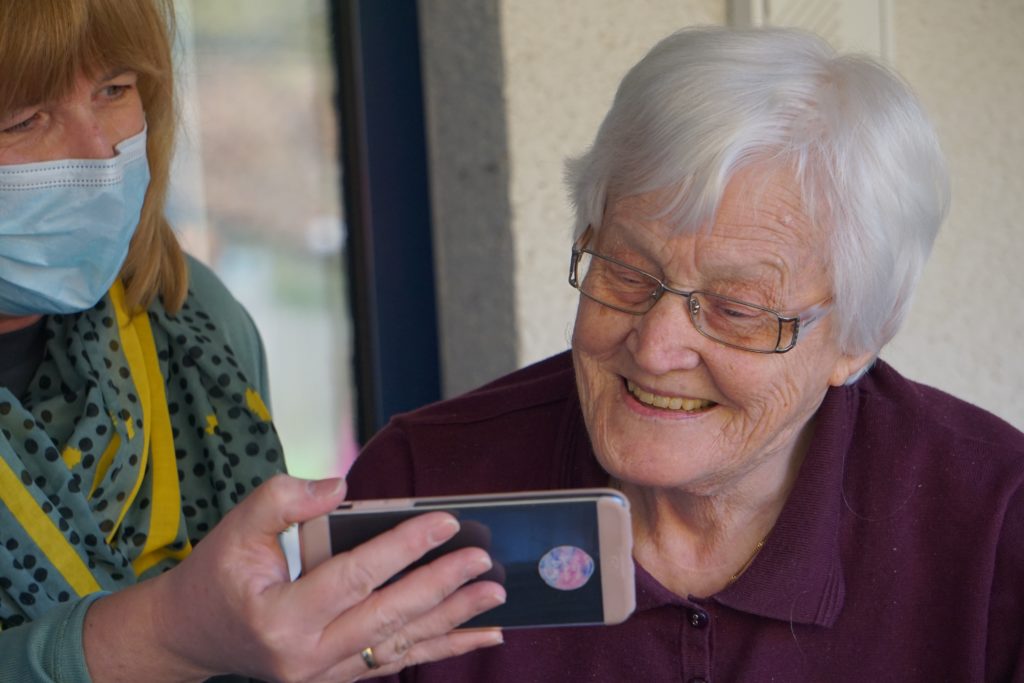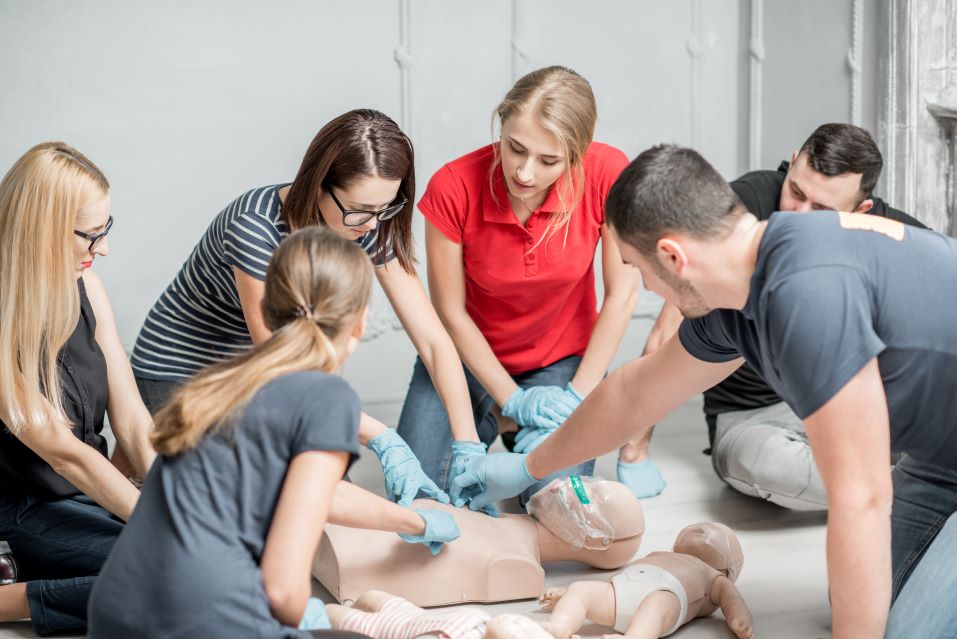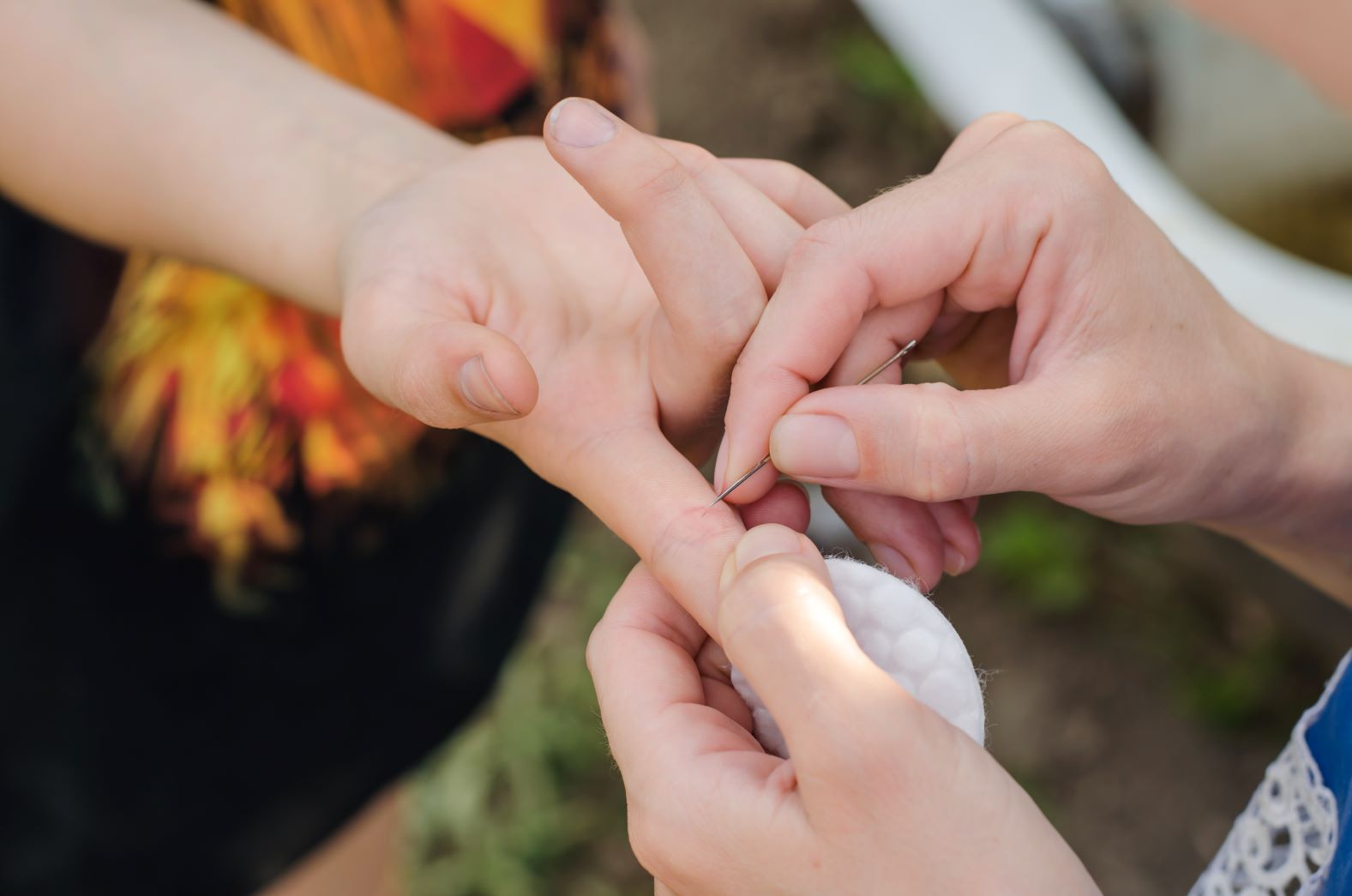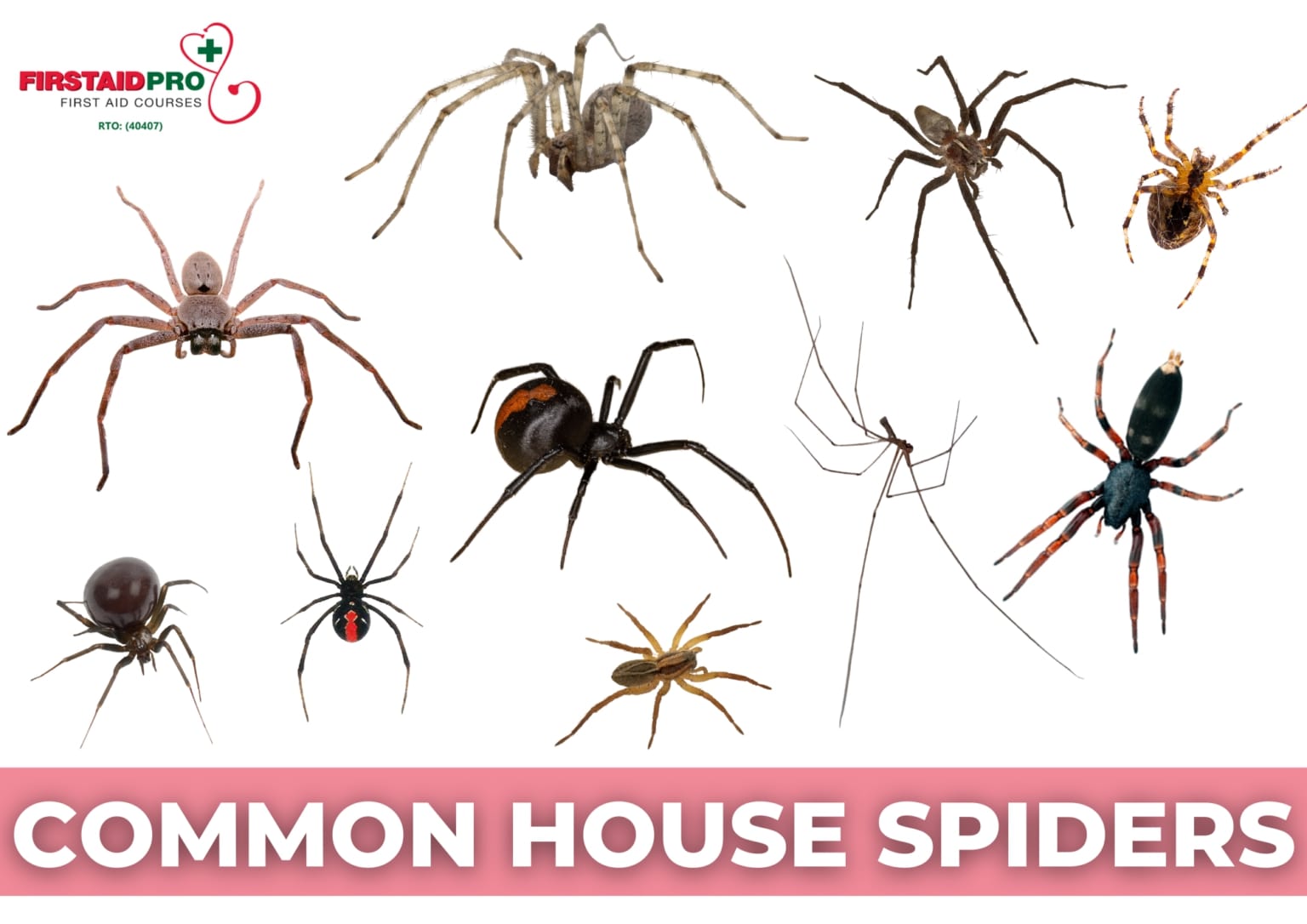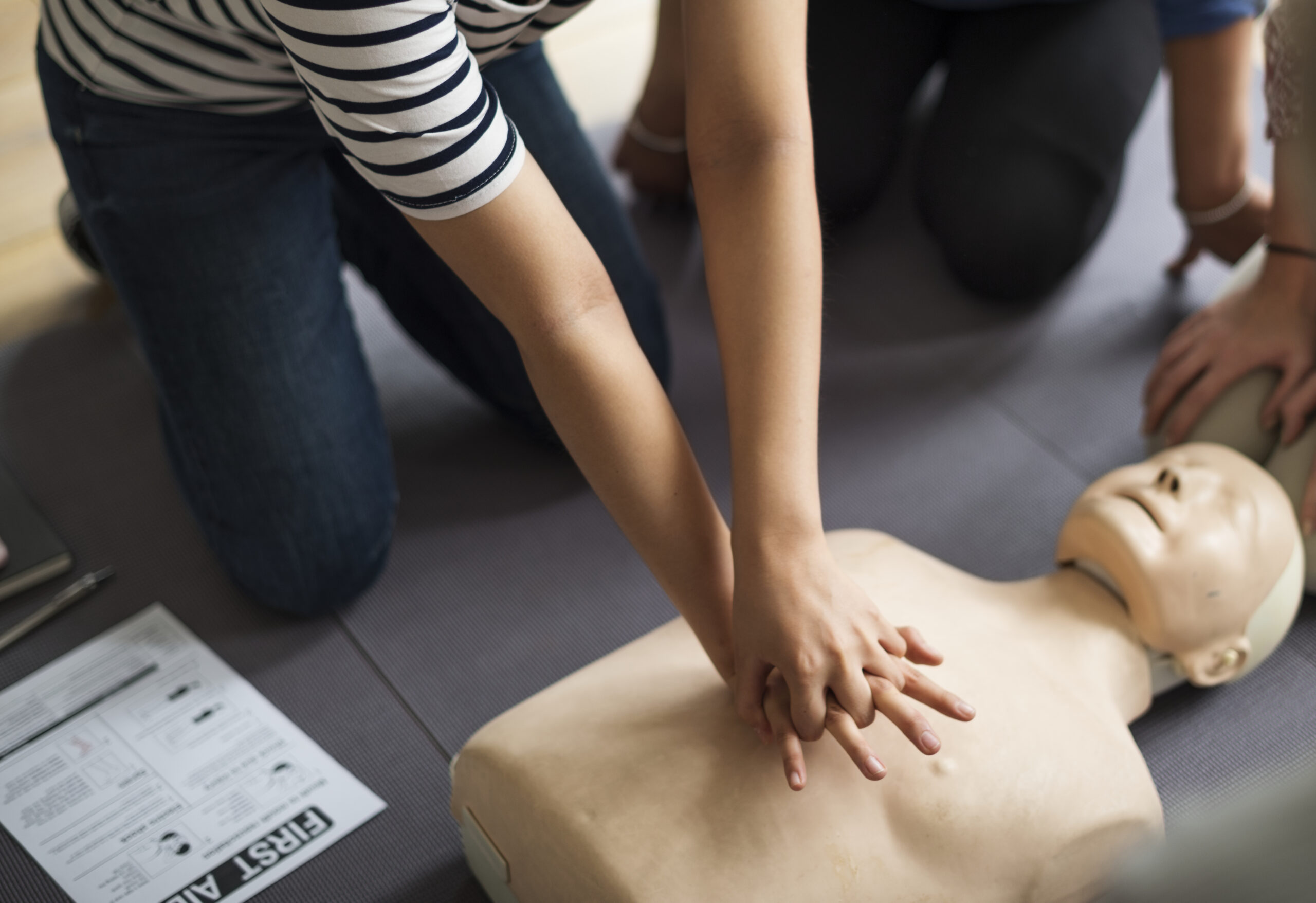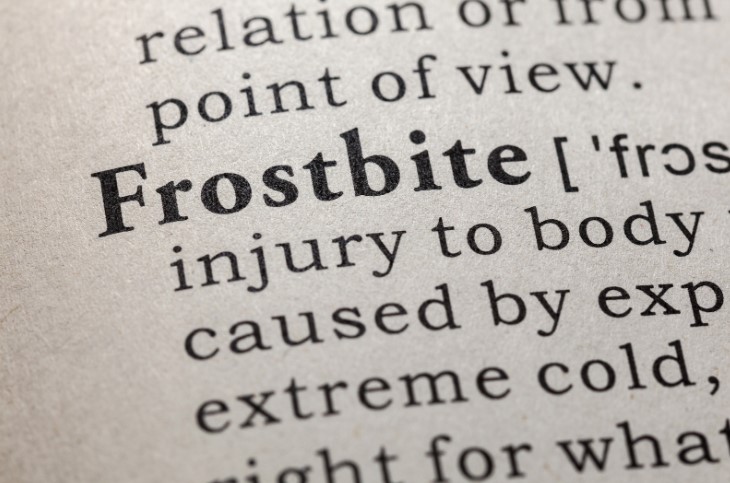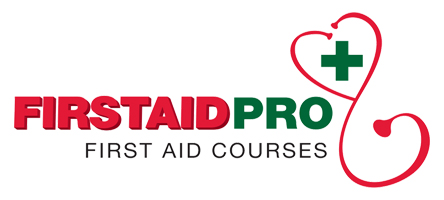Health and safety are main topics of concern for most older adults. In this blog post, we prepare a checklist to ensure that our seniors remain healthy and safe at all times.
With their poor eyesight and hearing, joint pains, dementia, and all other side effects from medications – no wonder they are prone to accidents and injuries.
Prepare And Prevent: Common Health Concern For Seniors
According to reports from CDC, one in every four people ages 65 and above suffer a fall every year. In fact, accidental falls remain the leading cause of death among older adults. Falls are also considered the biggest cause of non-fatal trauma-related hospitalisations. Other common injuries involving seniors are burns, poisoning, sprains, and dislocations.
With these reports, it is hard to picture an environment where an elder can be truly safe. If you are elderly or have a loved one who is – know that safety is achievable. It is possible to keep them safe with the right precautions.
Below we’ve put together expert tips to create a health and safety checklist for seniors.
6 Health And Safety Tips For Older Adults
1. Prevent Falls
Accidental falls account for up to 30% of emergency visits among the elderly. The good news is, most fall accidents are preventable.
Fall-proof your home and wear non-slippery shoes. Know the fall-related risks from other illnesses and have a plan in case you do fall. This plan should include who to call, whether it is triple zero (000), a family member or a friend. We also recommend wearing a medical alert device that automatically messages emergency contacts in the event of a fall.
2. Keep Emergency Numbers Handy
Always keep a list of emergency contact numbers. You can save it by phone or write the information in large print. Make sure it is easy to read in a situation where you are in a hurry or frightened. List down contact details of your local emergency services, poison control, family or friend, and your doctor’s number.
3. Medicate Safely
Improper use and handling of medications can pose a serious safety risk for seniors. Check expiration dates regularly on both prescription and OTC medications. Follow instructions on the recommended dosage and store it in a safe location. Put labels on each medicine and keep it away from the prying eyes of the children.
4. Safety-proof Your Home
Certain parts of the house, such as hallways, stairs, and pathways should be well lit and clear of clutter. It is best to install rails and banisters to assist the elderly when going up and down the stairs. Wherever possible, use rugs that do not move when you walk on them.
5. Take Steps To Protect Your Health
Do some exercise, take vitamins, and eat healthily. Keep your prescriptions current and attend those annual check-ups religiously. Focus on your balance by maintaining strength. Slowly get up after eating, sitting, or lying down. It will help to avoid dizziness and loss of balance.
6. In-Home Care From Caregivers
In-home care is acquired to assist seniors, and it will depend on their physical and mental status. For instance, a home health nurse is for physically disabled elders. On the other hand, non-medical professionals are for elders with dementia or memory loss. These types of caregivers can offer personal care for home-making assistance and companionship.
One qualification for caregivers is a first-aid certificate. A First Aid Certification proves they are capable of handling accidents and injuries involving the elderly.
Takeaway
Make sure to use this checklist to advocate safety for the elderly. Prevent unnecessary falls by making yourself aware of the environmental hazards and taking actions to remove fall risks from your home.
Most seniors have special concerns when they are being treated for injuries or health issues. You should consider their unique needs when performing first aid. Take a first aid course and learn how to provide lifesaving procedures safely to a senior.
